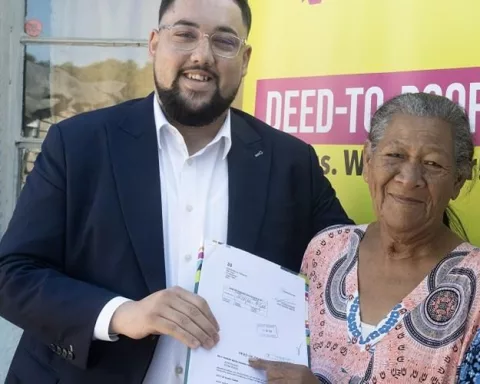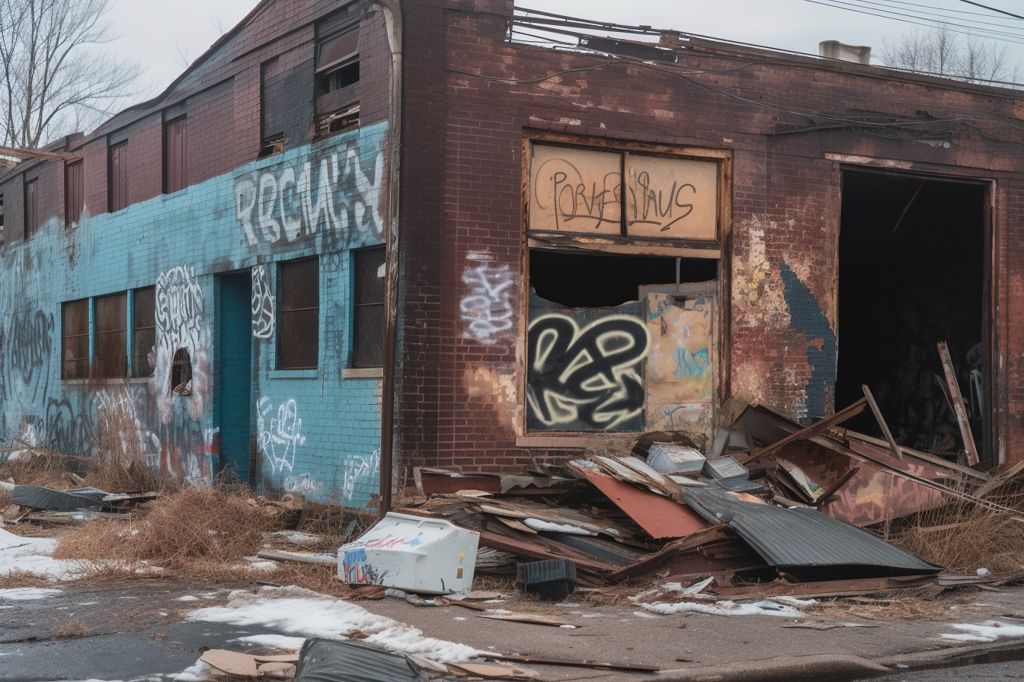The City of Cape Town has launched a new initiative called the No-Cost Property Home-Ownership Transfer Program. It aims to provide eligible beneficiaries with a unique opportunity to become homeowners without incurring any transfer costs. The program is part of the Mayor’s Priority Program, which is expected to achieve around 22,000 no-cost transfers over the next three years, with an allocation of R38 million.
Eligibility and Benefits
The program is designed to benefit legal tenants of City-owned rental units, purchasers of delayed transfer units, and historical service sites. Alderman James Vos, the City’s Acting Mayoral Committee Member for Human Settlements, emphasizes that owning the title to one’s property is critical. It can unlock opportunities and become an asset for generations to come.
The No-Cost Transfer Program will pay the beneficiary’s attorney transfer fees, established at a fixed amount of R2 500 per property, regardless of the purchase price. The City will additionally cover the insurance cost for commercial rental units from the date of sale until the property is registered.
Eligible Properties
Approximately 7,500 City-owned rental units, 13,000 delayed transfer units, and 1,400 historical serviced sites are eligible for this free title deed initiative. The program is focused on empowering individuals and communities. It aims to position human settlement programs as catalysts for meaningful economic growth.
How to Apply
The City of Cape Town encourages residents to take advantage of this program by visiting the local housing office in their community, and contacting the Human Settlements Call Centre or the City’s WhatsApp line. By becoming property owners, residents can transform their lives and unlock new opportunities for themselves and their families.












